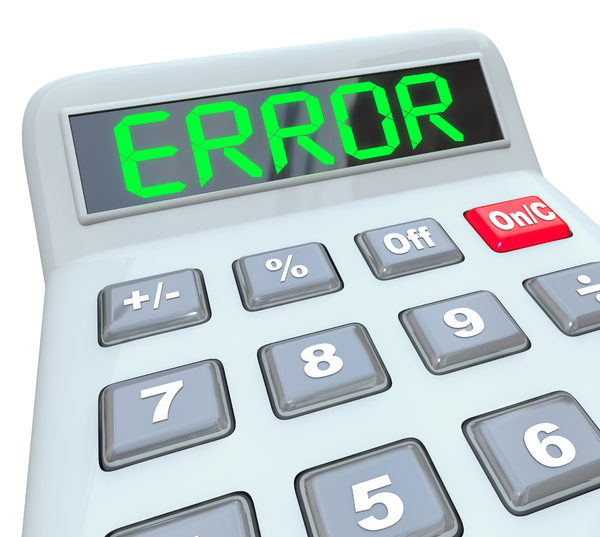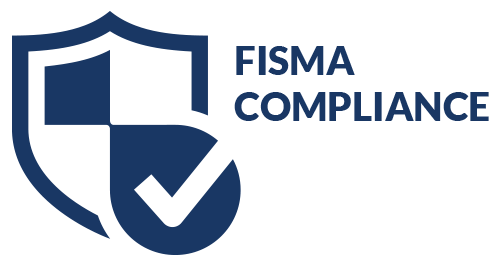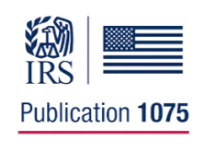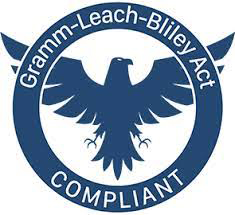Let’s face it: Most people don’t enjoy hearing from debt collectors. That’s why they screen their calls and shred their incoming mail.
Unfortunately, debt collection complaints often find their way to top agencies in the U.S., from the Federal Trade Commission (FTC) to the Better Business Bureau (BBB). Understanding the top complaints and how to handle them can keep you from having to pay costly fines and suffer other negative consequences.
Inaccurate Billing
It’s true: sometimes numbers do lie.
You might have read recent news reports about inaccurate medical bills. Patients receive invoices when they’ve already paid the bill, for instance, or get charged for tests that insurance should have covered.

However, inaccurate billing stretches well beyond the medical industry. Comcast, a cable and internet provider, recently came under fire for overcharging a customer based on inaccurate data collection.
Customers understandably get angry when they’re asked to pay a bill they know they don’t owe. It’s up to the business to make sure they keep accurate records and keep their AR departments in order.
What to Do About Inaccurate Billing
Conducting regular accounting audits can help you catch billing errors before customer accounts ever move to the collections process. Additionally, if a customer’s bill seems unusual, consider contacting him or her to ask about it. Instead of demanding payment, verify that the bill is correct, then request payment.
Harassing Phones Calls

Do you enjoy seeing the same number crop up on your phone 15 times a day?
When someone owes you money, you can call to attempt to collect the debt as long as you follow the laws set forth by the FTC’s Fair Debt Collection Practices Act (FDCPA). Calls made outside of specific hours set forth, or when a person’s place of business is contacted repeatedly, debt collection efforts can be viewed as harassment.
Not only can the FTC impose fines against companies that violate consumers’ rights, but customers who feel harassed can also sue debt collectors. If you’re found guilty of harassing your customers, you could face serious financial repercussions.
What To Do About Harassing Phone Calls
If you’re collecting debts on your own, follow the FDCPA to the letter.
To avoid hefty fines, lawsuits, and other consequences, you might want to work with an experienced debt collection agency that knows how to follow the rules and collect money courteously. Many businesses find that working with third-party collection agencies proves more fiscally responsible than attempting to keep debt collection in-house.
Unnecessary Threats

This isn’t the reaction you want when you call a customer…even a delinquent one.
In their zeal to collect unpaid debts, companies sometimes make threats about litigation, usurious interest charges and late fees, and other legal action. The FTC and BBB receive complaints about these threats on a regular basis, and they’re not just bad for business — they’re illegal.
You’re not allowed to call a customer and pretend to be a lawyer or anyone other than who you are. Furthermore, threatening legal action is the perfect way to anger your customer and ensure you never receive a penny of what you’re owed.
What To Do About Unnecessary Threats
Take the honey-not-vinegar approach to debt collection if you want to get your delinquent customers to pay. Working with your customers to set up reasonable payment plans or to defer payment for a brief time can inspire a better response.
Again, working with a third-party agency might offer the best solution. If you choose a reputable agency, such as TSI, you won’t have to worry about ruining your company’s reputation or angering your customers.
Unpaid debts can put a serious crimp in your cash flow. Feel free to learn more about how to optimize your revenue if you’re interested in boosting cash flow and collecting more unpaid debts.
Want to learn more about TSI? Fill out the form and a TSI representative will contact you shortly.












